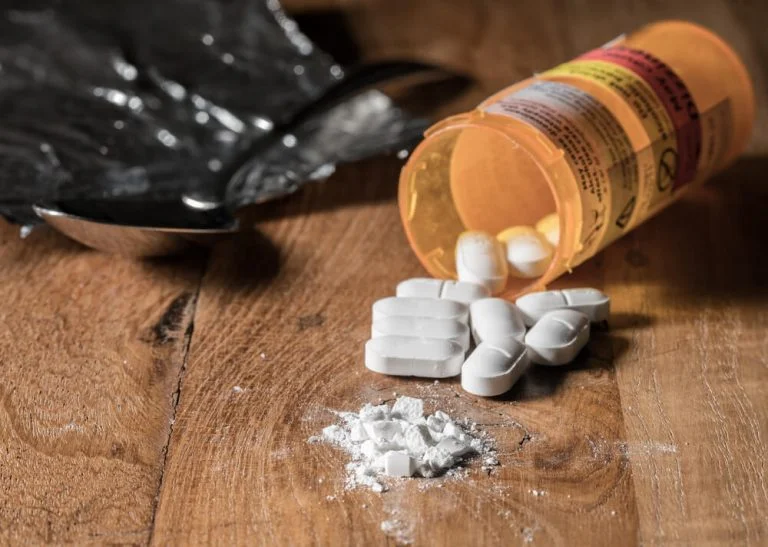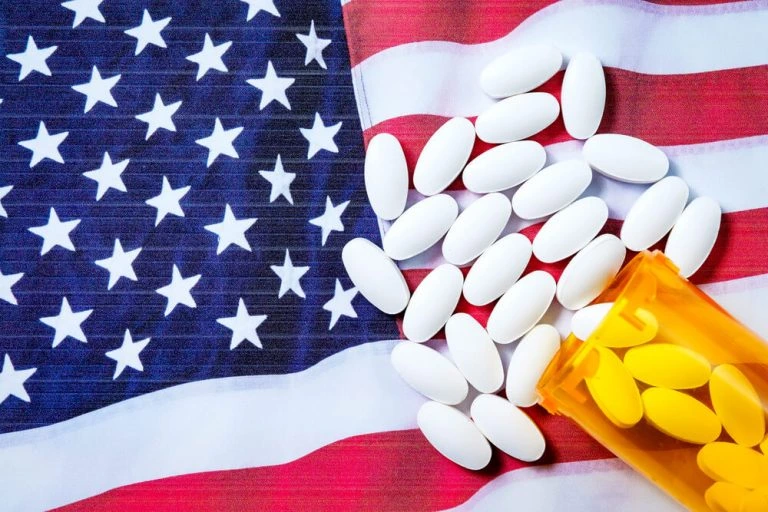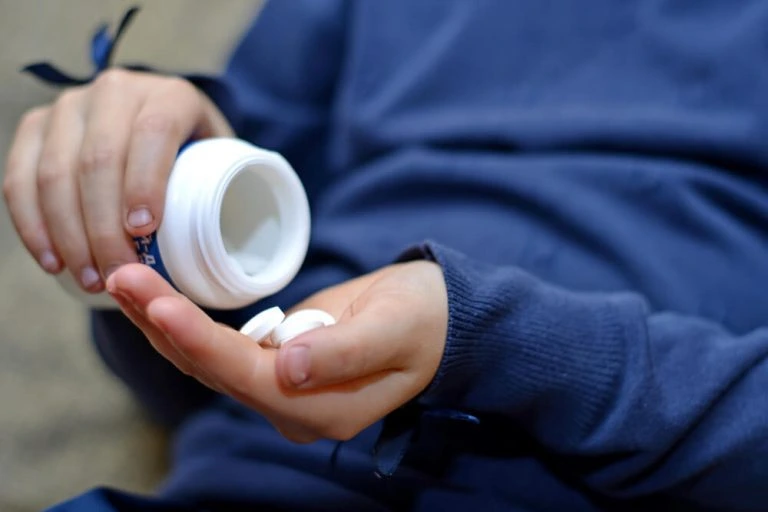How Opioid Addiction Starts
With the opioid crisis claiming 66% of the 63,600 reported drug overdose deaths in 2016, based on the findings of the Centers for Disease Control (CDC), the public and medicinal opioid users need to be more aware than ever of the dangers of using and abusing the drug. Understanding how opioid addiction starts can help to protect yourself or a loved one amidst the overprescribing and overuse of opioids among medical professionals. As such, we will explore the science behind opioid dependence, examine the signs of opioid addiction, and take a look at what to do if you or a loved one has started to become dependent on the substance.

The Science of How Opioid Addiction Starts – And What Happens Once Addicted
Opioid Crisis Statistics
Opioid use disorder is plaguing the country and more people are dying from opioid abuse now in the United States than ever before. The CDC released some of the following statistics to show the extent of the issue. Some of their findings include:
- From 1999 to 2016, the overdose death rates for opioid abuse were 5 times higher.
- On a daily basis, roughly 115 people die from opioid overdose.
- Between 1999 and 2016, the United States has lost over 630,000 people to an overdose on drugs.
- Fentanyl is the leading cause of opioid overdose.
What is Opioid Dependence?
An opioid dependence is classified as one of the forms of opioid use disorder. It relates to a condition that is caused by repeated use of opioids in a relatively short period of time. Once dependent, an opioid abuser must have more of the drug so that they can feel a sense of normality, and to reduce their withdrawal symptoms. Intense cravings for the drug are another characteristic of dependence, to the extent that it is taken regardless of the negative effects.
How Opioid Addiction Starts
It’s important to understand that how opioid addiction starts isn’t always due to a person purposefully using the drug recreationally. Various government bodies have pointed to the fact that physicians are largely unaware of the dangers of using opioids due to misinformation given about their risks. What is being seen in the current opioid crisis is that people from all walks of life are becoming hooked on opioids – often accidentally.
Of course, many addictions start due to recreational use where a person believes that they have their use of the drug under control and then before they know it, they are looking for a fix every day in order to stave off withdrawal symptoms and cope with their life.
Using opioid pain killers that weren’t prescribed to you, even if you have pain, can put you at risk of developing an addiction. Lastly, some people are biologically more at risk of developing an addiction, and when such a person uses a drug such as heroin or prescription pain killers, addiction can set in quickly.
The Science of How Opioid Addiction Starts
When a person abuses opioids in the long-term, it causes the way that nerve cells in the brain work to change. Opioids release a flood of dopamine and other chemicals that bind to receptors in the brain that are responsible for pain and reward. Due to the substantial increase of the chemicals, the nerve cells grow to accommodate more receptors for dopamine and other chemicals to bind to.
At this point, with the changes already in effect, when the use of opioids is suddenly stopped, several unpleasant reactions occur, such as the withdrawal symptoms. Along with opiate withdrawal symptoms, a tolerance forms. This tolerance, caused in part by the increase in opioid receptors, results in a person requiring larger amounts of the substance in order to achieve the same result.
When an addiction is present and the use of opioids stops, the amount of dopamine and serotonin that the brain can create pales in comparison to what opioids can achieve, especially because of the tolerance. As such, addicts often can’t experience any sense of joy when they don’t use opioids, and the changes that the drug caused can take months to rectify, as the receptor count and normal function of the reward centers of the brain return back to normal.
Opiate Withdrawal Symptoms
A person dependent or addicted to opiates will have several severe reactions when they attempt to stop. These are known as withdrawal symptoms. The best way to describe these symptoms as a whole is intense flu-like symptoms.
The entire withdrawal phase tends to last for roughly 5-7 days from start to end. However, the changes that opioids causes in the reward centers of the brain can take weeks and even months to treat, leading to symptoms such as depression and anxiety plaguing the person until the brain function is restored.
The early opiate withdrawal symptoms that usually start within the first 24 hours include:
- A runny nose and teary eyes
- Aches and pains in the muscles
- Anxiety
- Restlessness
- Insomnia
- Excessive yawning and sweating
- Cravings
The opiate withdrawal symptoms that appear after the first 24 hours and carry on till the end of the detox includes:
- Cramping in the abdominal area
- Constant goose bumps
- Diarrhea
- Nausea along with vomiting
- A rapidly-beating heart
- Blurry vision caused by dilated pupils
- Intense cravings
- High blood pressure
Opiate Addiction Treatment
Regardless of how opioid addiction starts, in order to protect yourself or a loved one from the dangers of continued use, such as overdose, opiate addiction treatment is your best option. Overcoming an addiction is not a matter of willpower alone because it physically changes the way your brain operates. This characteristic is one of the reasons why it is classified as a mental disorder in the DSM-5.
How Does Opiate Addiction Treatment Work?
Treatment for opiate use disorder happens in various stages. In most cases, treatment for opiate use disorder is as follows:
- Intake – The intake period is crucial as it helps to establish the addict’s medical history, past substance abuse, current substance abuse, possible co-occurring mental disorders, and anything that may require special attention. From here, an addiction specialist can create a fitting treatment plan.
- Detoxification – Detox is best done with the use of medications for opioid dependence. These help to reduce the overwhelming symptoms and cravings so that the addict can make it through detox without relapse and minimal problems.
- Therapy, counseling and alternative treatment – These are the most important aspects of treatment as they help to address the causes of the addiction in the first place so that new coping methods and behaviors can be established to avoid a repeat of the process.
- Aftercare services – Addiction must be managed over the long term. Aftercare services are a way for addicts in recovery to get help through their transition from therapy. These include sober living homes and support groups.
If you or a loved one is struggling with addiction, get help right away. Make a phone call that will connect you to a professional drug treatment center. The call you make may save your life or the life of someone you love. Call us today at (800) 429-7690.








